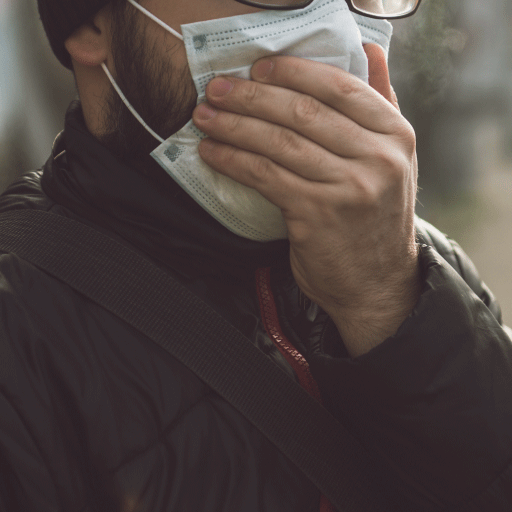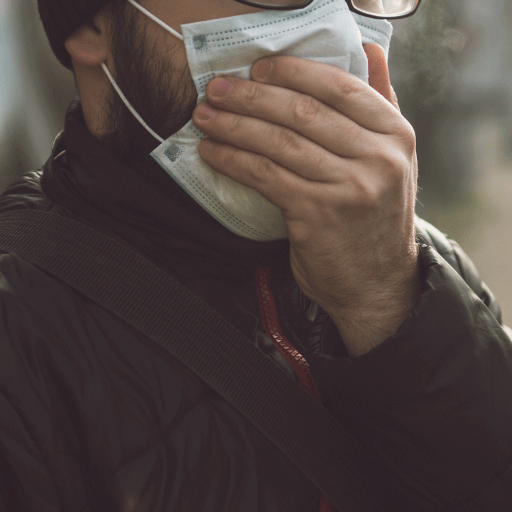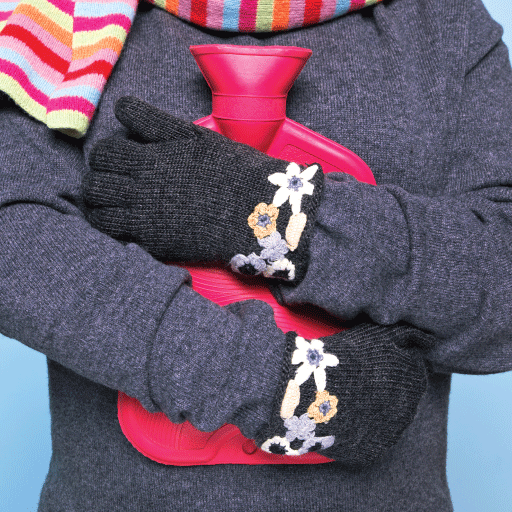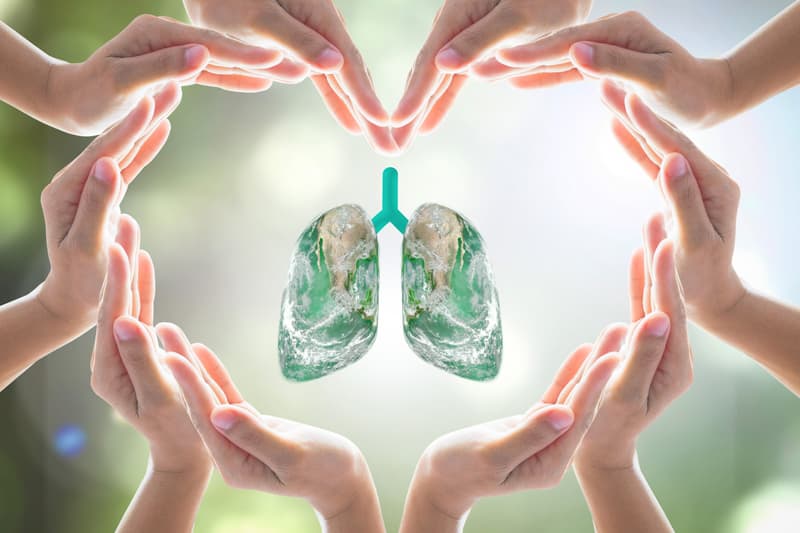
Air pollution is increasing at a fast pace and so is the damage to your lungs and respiratory system. Increased levels of toxic substances in the air can worsen an existing disease and develop other diseases like:
-
निमोनिया:
The rising levels of toxins in the air weaken the immune system, making you prone to developing bacterial infections in the lungs, known as pneumonia. The air sacs get filled with fluid that causes cough, fever and difficulty in breathing.
Getting treatment in the early stages of pneumonia proves helpful while tackling the disease. It may be treated with antibiotics or antiviral medications.
-
क्रॉनिक ऑब्सट्रक्टिव पल्मनेरी डिसऑर्डर (COPD):
COPD is a condition where the air passages in the lungs get blocked due to inflammation. It is caused by tobacco smoking and breathing in harmful gases, tiny particles of carbon or pollen in the air. Under its umbrella COPD contains two chronic diseases:
Emphysema: This is caused by damage to the air sacs in your lungs due to which you can face difficulty in breathing, leading to shortness of breath. It also creates oxygen depletion in the blood and reduces the sponginess of the lungs.
Chronic Bronchitis: If you have a cough that persists for at least three months you must get a check-up for chronic bronchitis. It can also be identified with shortness of breath and mucus with the cough. Following methods can be helpful in treating COPD:
-
- Bronchodilator medicines can help in relieving the symptoms of COPD by opening the air passage and anti-biotics can help in fighting infections.
- Taking an annual flu shot is helpful in preventing severe symptoms and infections.
- Apart from medication, following certain lifestyle changes can reduce the symptoms of COPD. Exercise regularly exercise and maintain a nutritional diet. Although, if you already have COPD consult your doctor about how much exercise is right for you.
- Following a diet full of vegetables and proteins can be effective in maintaining good health. Talk to a dietician and create a plan if you are affected with any of the above diseases.
-
अस्थमा:
Asthma is identified with severe shortness of breath and can be triggered by an allergic reaction to the chemicals and pollutants in the air. Tiny pollution particles can enter the lungs through the nose and increase the intensity of an asthma attack. Children, young adults and the elderly are at a larger risk for getting asthma attacks. Here’s what you can do to be safer:
-
- Avoid going out in places where there is high pollution, especially during high traffic hours.
- Keep your inhaler handy in case you need to use it.
- Wear a face mask if the pollution level outdoors is high and triggering attacks.
- Avoid physical activities outdoors where the concentration of smoke is high like industrial regions or jam-packed roads
Having regular health check-ups can be helpful in identifying problems sooner. Regular smokers are advised to quit the habit and regularly take the prescribed medicines.





 1800-270-7000
1800-270-7000











